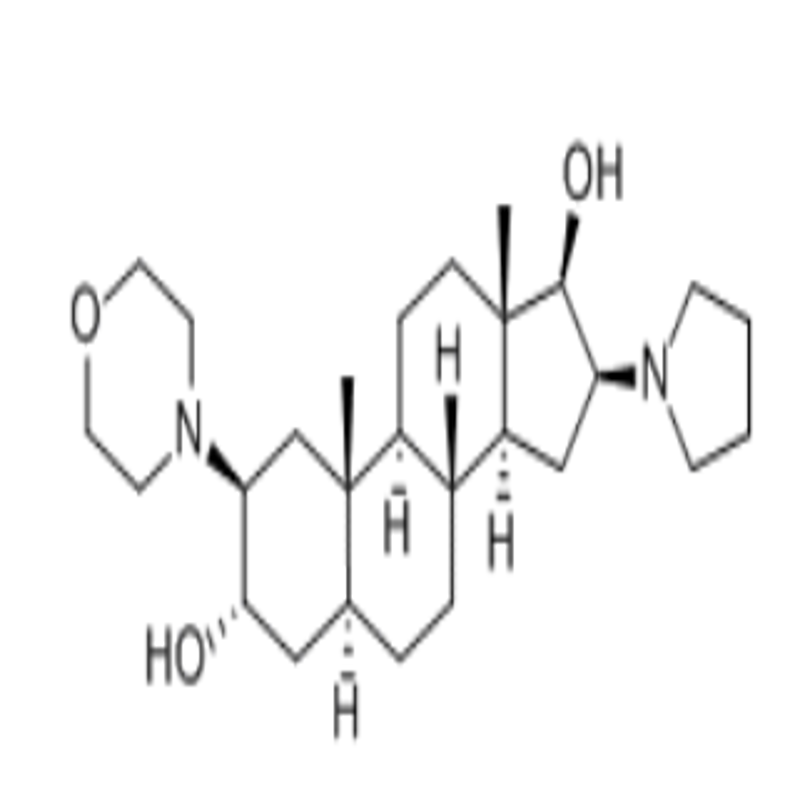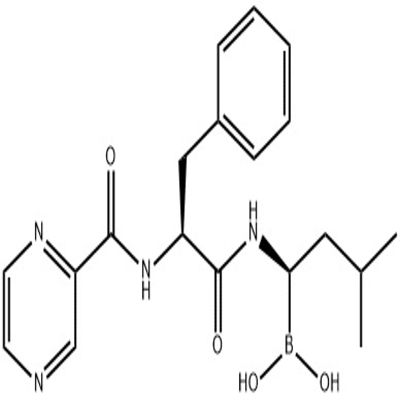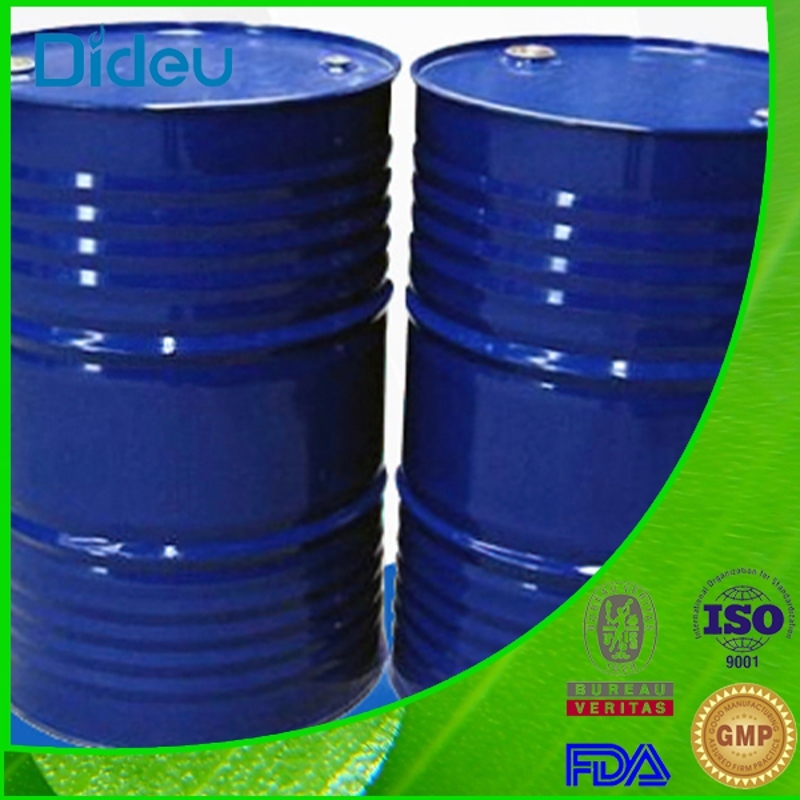-
Categories
-
Pharmaceutical Intermediates
-
Active Pharmaceutical Ingredients
-
Food Additives
- Industrial Coatings
- Agrochemicals
- Dyes and Pigments
- Surfactant
- Flavors and Fragrances
- Chemical Reagents
- Catalyst and Auxiliary
- Natural Products
- Inorganic Chemistry
-
Organic Chemistry
-
Biochemical Engineering
- Analytical Chemistry
-
Cosmetic Ingredient
- Water Treatment Chemical
-
Pharmaceutical Intermediates
Promotion
ECHEMI Mall
Wholesale
Weekly Price
Exhibition
News
-
Trade Service
6-Bromo-1-isoquinolinamine, also known as BIQ, is a chemical compound that has found numerous applications in the chemical industry.
This compound, with its unique chemical properties, has been widely used in various fields such as pharmaceuticals, agrochemicals, and material science.
One of the most significant applications of 6-bromo-1-isoquinolinamine is in the development of new drugs.
The compound's structural similarity to the natural compound quinoline makes it an attractive scaffold for medicinal chemists to build new drugs.
Several drugs have been developed using BIQ as a starting point, including the anti-inflammatory drug Voltaren and the antimalarial drug Coartem.
In agrochemicals, BIQ is used as a herbicide.
The compound is effective in controlling weeds in a variety of crops, including soybeans and cotton.
BIQ works by inhibiting the enzyme acetyl CoA carboxylase, which is essential for the growth of plants.
By inhibiting this enzyme, BIQ disrupts the plant's energy metabolism, leading to the death of the plant.
BIQ is also used in the production of polymers.
The compound is a building block for the synthesis of polyurethanes, which are used in a variety of applications including furniture, footwear, and automotive parts.
The unique properties of BIQ make it an ideal building block for the synthesis of polyurethanes with specific properties, such as thermal stability and flexibility.
Another application of BIQ is in the field of material science.
The compound is used as a precursor for the synthesis of metal nanoparticles.
These nanoparticles have unique optical and electrical properties, making them attractive for use in a variety of applications including biological imaging and sensing.
BIQ has also found use in the field of organic electronics.
The compound is used as a component in the synthesis of organic thin films, which have unique electrical properties.
These films have found applications in the production of organic field-effect transistors, which are used in a variety of electronic devices including smartphones and other portable electronic devices.
In conclusion, 6-bromo-1-isoquinolinamine is a versatile compound with numerous applications in the chemical industry.
Its applications in drug development, agrochemicals, polymers, material science, and organic electronics are just a few examples of the compound's wide-ranging uses.
As research continues, it is likely that new applications for BIQ will be discovered, further expanding its role in the chemical industry.







